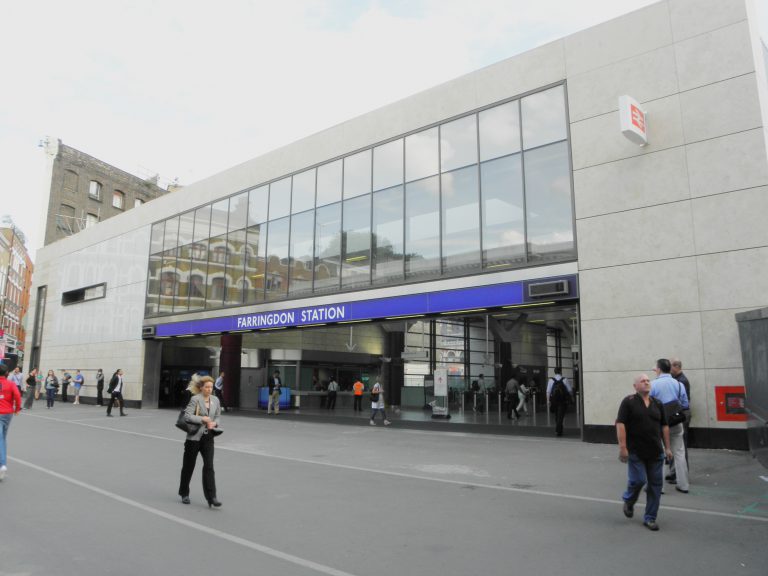And Justice for All
Nothing less than a ‘whole-place’ pooling of public service budgets and devolution of criminal justice system powers to local level can create the conditions for community transformation, argue former communities secretary Hazel Blears and Lord Patel, chairman of the Mental Health Act Commission.
Reform of the Criminal Justice System has failed to deliver the necessary improvements in safety and security. As currently constituted, the system is not geared towards turning around the lives of offenders in sufficient numbers, nor effectively preventing individuals offending in the first place.
The impact of this failure is felt far beyond the offenders themselves. The human and financial cost to their victims, their families, their local communities and the wider public means the cost of failing to improve how the system treats offenders is no longer affordable.
These were the main findings of our report, entitled ‘Doing it Justice: Breaking Barriers to Criminal Justice Transformation’, which was prepared in advance of Greater Manchester’s groundbreaking deal to repatriate responsibility for criminal justice.
We identified three main barriers that central government, local government, Civil Service and key criminal justice agencies must be prepared to overcome if they are to realise the benefits and opportunities that could come from greater devolution of the Criminal Justice System:
- The need to reduce tensions between central government and local control of services;
- Increasing capacity to drive innovation; and
- Ensuring greater integration between criminal justice and other areas of the public sector with the greatest potential to drive long-term change, such as education and employment, health, particularly mental health, substance use and welfare
Based on the findings of a high-level review, which took soundings from more than 40 organisations including government, prisons, think tanks and bodies from the voluntary and commercial sector, the report outlined five areas for urgent transformation.
These included:
- Co-commissioning and design of services to drive place-based transformation;
- Co-production to encourage public engagement and new ways of working;
- Creating a life opportunities approach to preventing reoffending based on recognising the life potential of offenders;
- Better use of digital technology and data analysis to support rehabilitation;
- Devolution of leadership and workforce development
There is no single factor or silver bullet to deliver change and transformation to a Criminal Justice System which costs the taxpayer £17bn annually, let alone reducing the staggering £124bn estimated annual economic costs of violent crime in the UK.
Rather, we see that a complex interplay of cultural, economic, organisational and historic factors block innovation and prevent much-needed integration. The five interdependent building blocks for transformation have the potential to deliver the type of whole-system change that cuts costs, ensures safety and positively changes the lives of offenders and improves safety for communities.
Aligning strategy and finances at the centre with the ambitions and strategies for devolution and place-based public reform, as is being attempted in Greater Manchester, is a good starting point.
It is to be hoped that after May’s polls, all six directly-elected mayors will follow Greater Manchester’s lead in adding criminal justice and community safety to their devolution deals.
Local areas will need support from central government to integrate criminal justice services, and combined authorities in this context must be seen as the natural leaders for driving systemic transformation.
When viewed through the prism of collaborative working across the health, education, housing and welfare system, the possibilities for public value creation in driving radical change across criminal justice system represent a once in a lifetime opportunity.
We firmly believe that devolution is the best way to integrate services, which have been co- designed and produced using budgets and powers that have been properly devolved to reduce the human and financial costs of offending.
But to work, this must be a full-blooded exercise in devolution, involving financial freedoms and powers to shift the aggregated power of pooled public service budgets to engineer transformational whole-place change. Anything less is mere decentralisation: a helpful step in the right direction, but one that would not do full justice to ensuring the safety of local communities.
This article appeared in Public Sector Executive:
http://www.publicsectorexecutive.com/The-ravens-daily-blog/and-justice-for-all

























